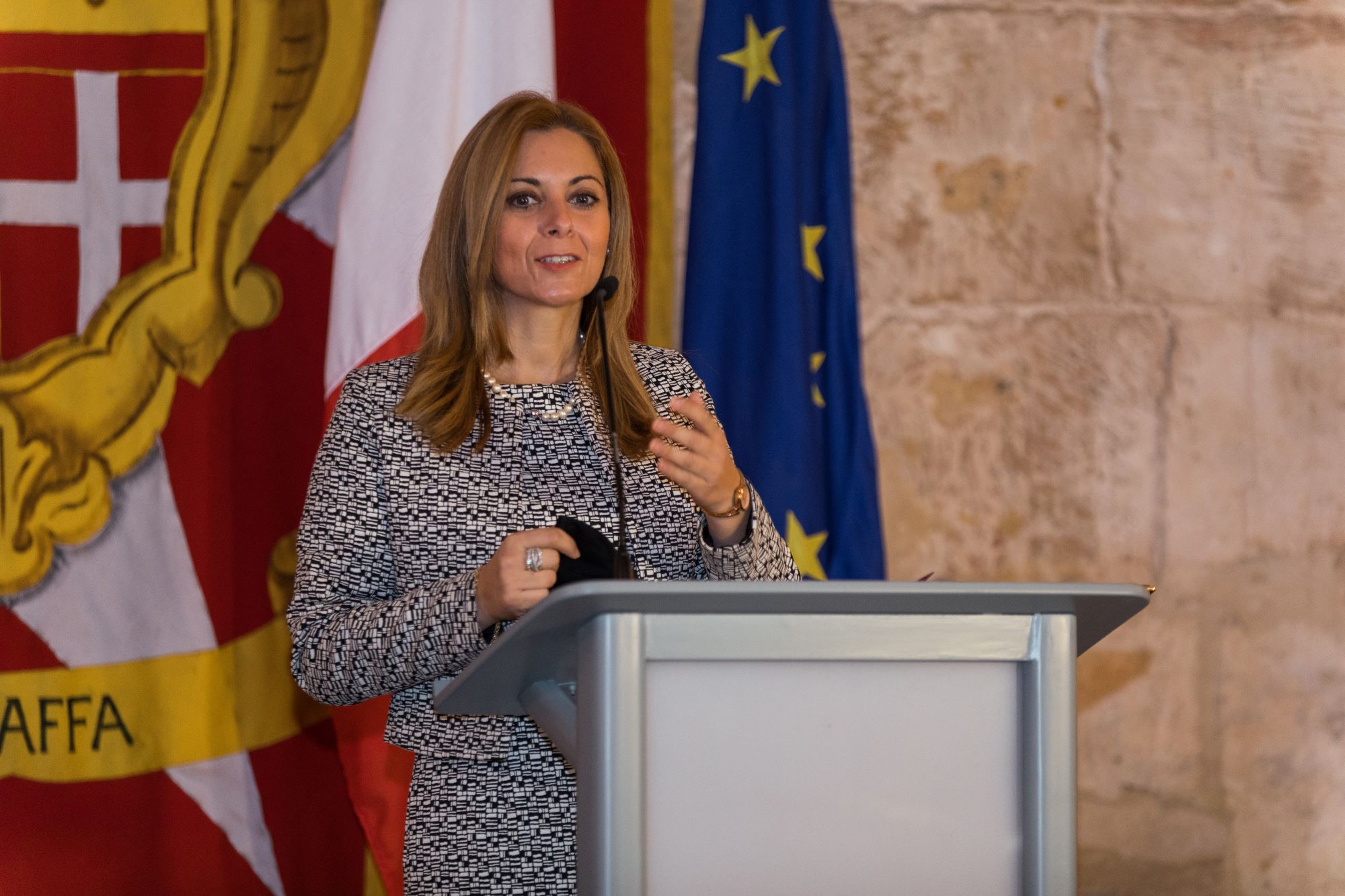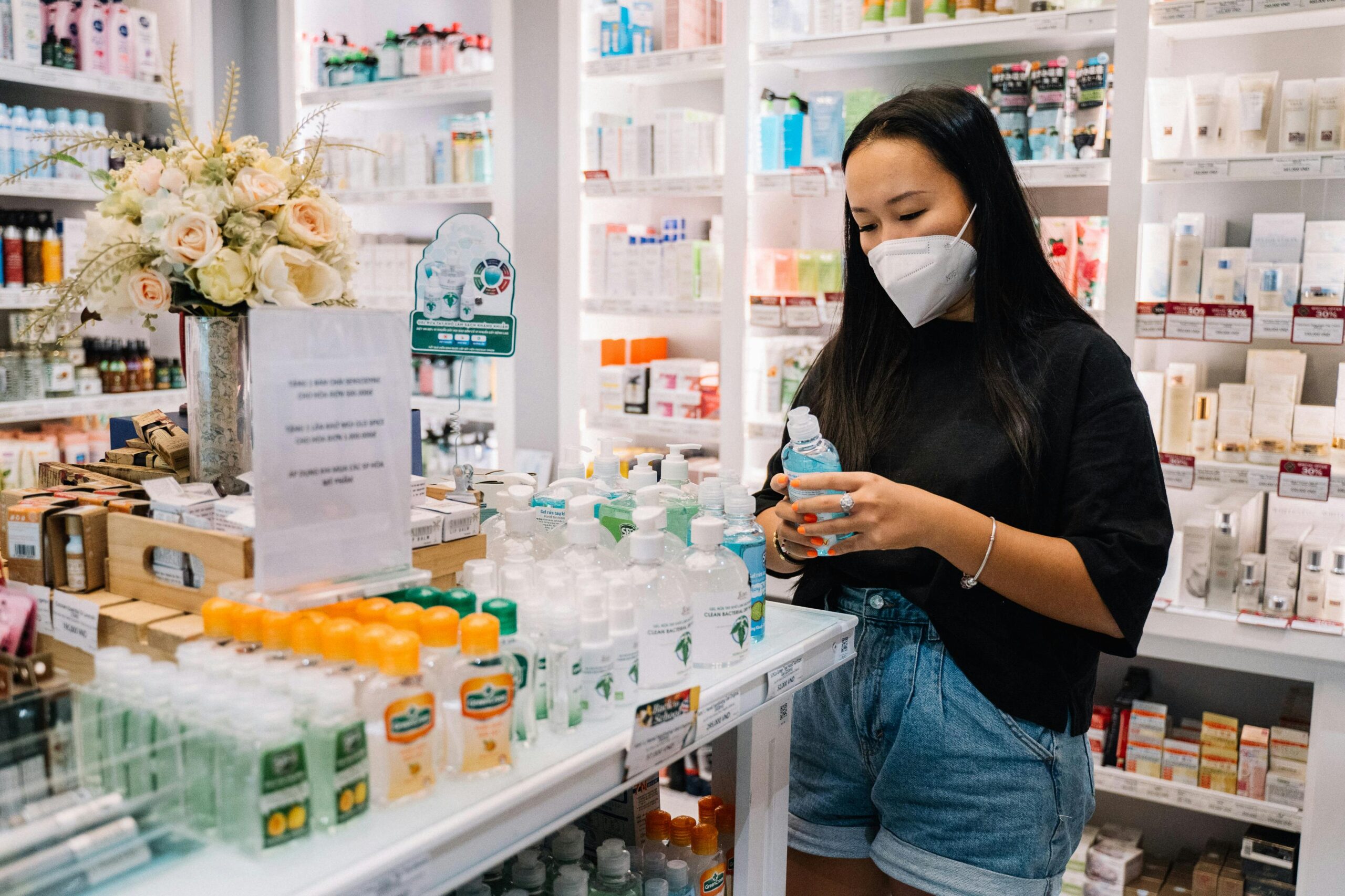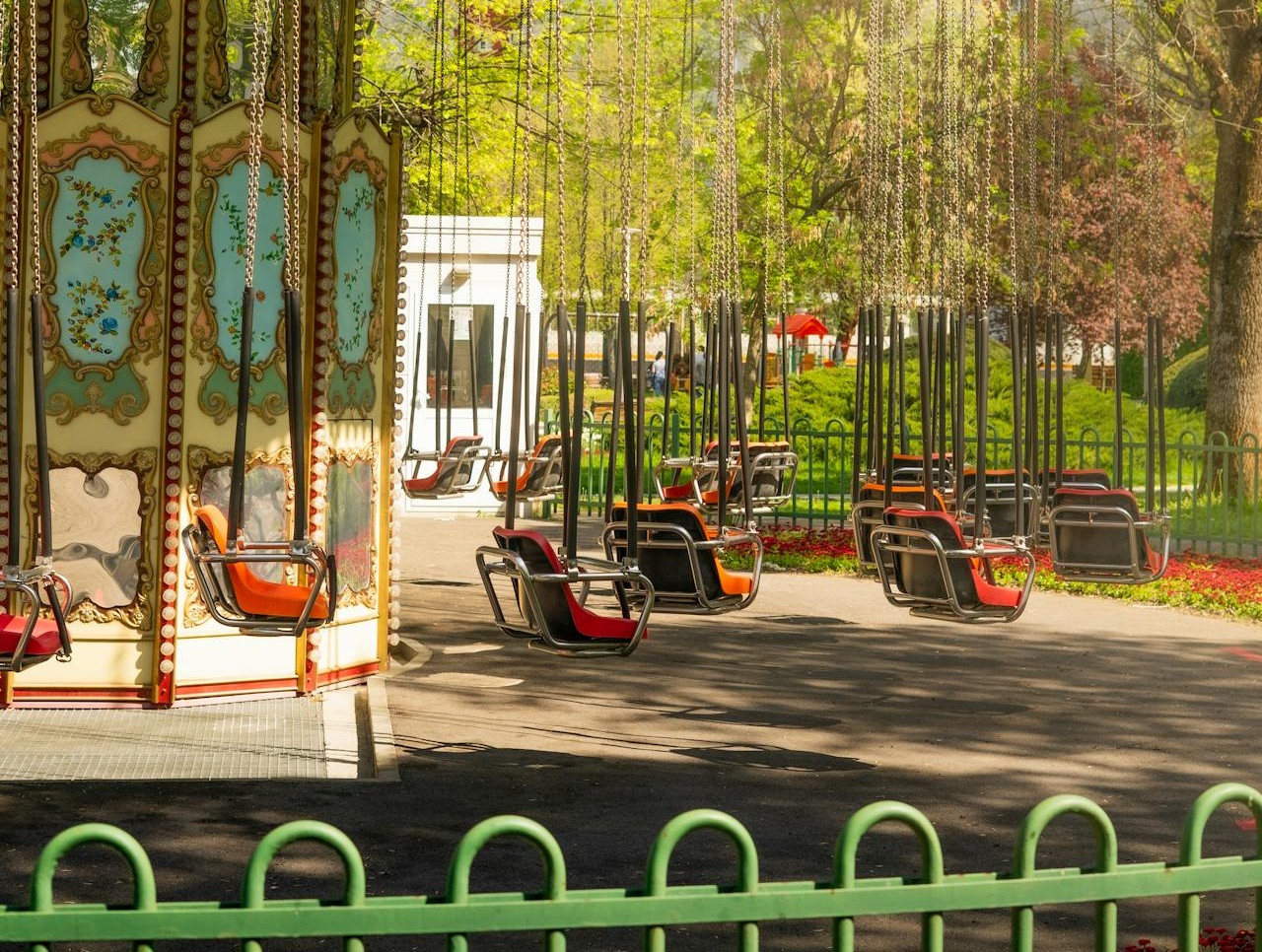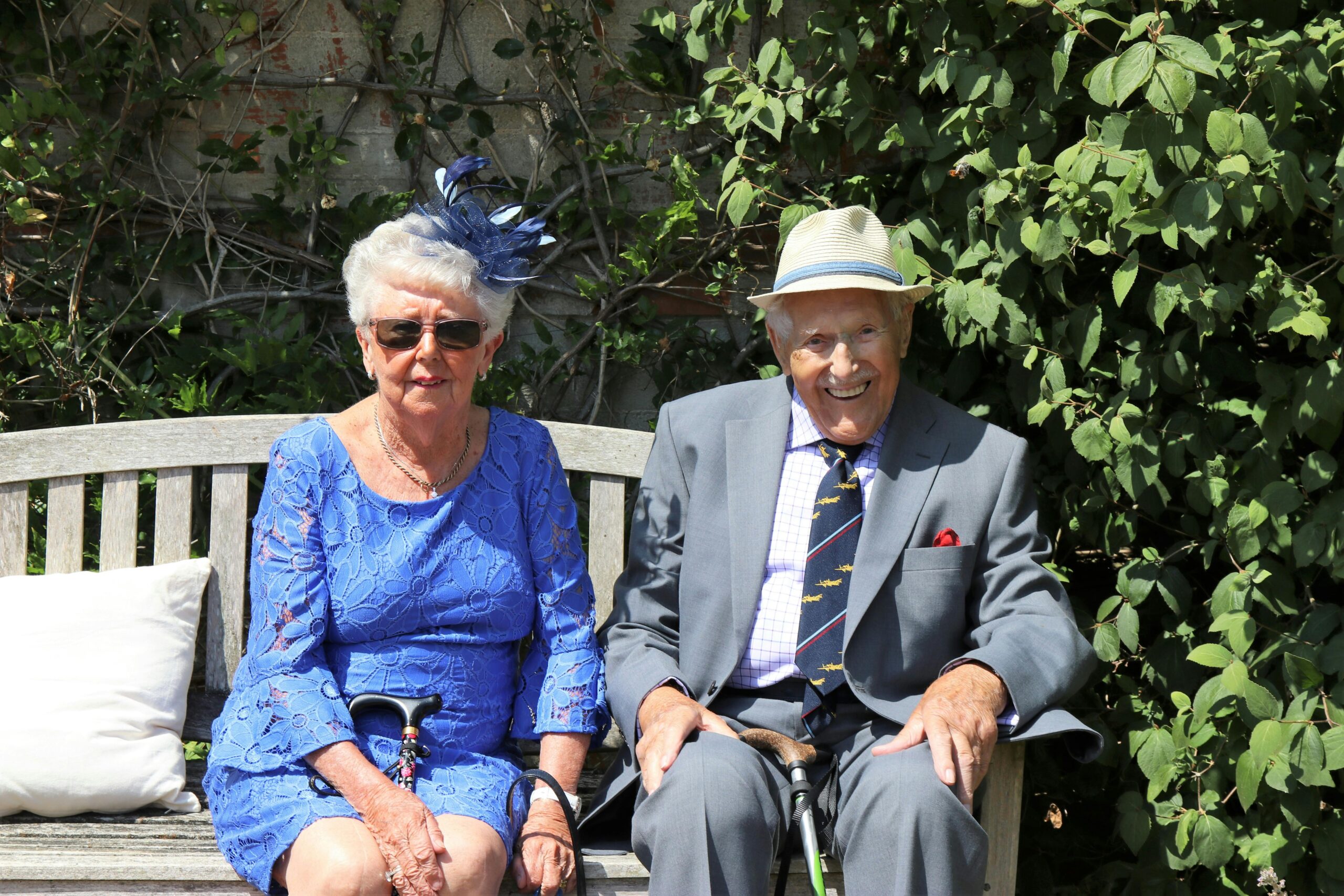Higher education in Malta has a new regulator with the launch of the Malta Further and Higher Education Authority (MFHEA) on Friday 8th January 2021, during a ceremony at the Mediterranean Conference Centre.
The new authority will work to ensure the highest standards of education and to foster an increasingly competent community, with the aims of ensuring that students of further and higher education receive the best quality education.
Education Minister Justyne Caruana (pictured above) inaugurated the Authority during the ceremony, while Judge Emeritus Noel Cuschieri and MFHEA CEO Rose Anne Cuschieri (pictured below) addressed the audience.
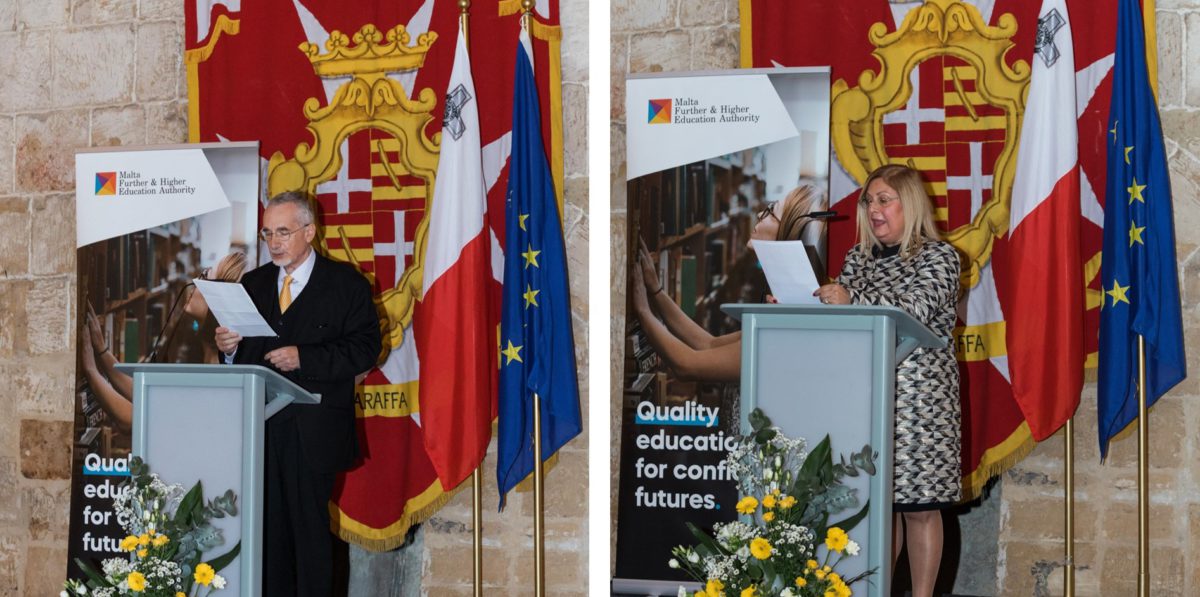
Also present were the Opposition spokesperson for Education, Employment and Social Dialogue Clyde Puli and Permanent Secretary Francis Fabri.
Dr Cuschieri said the Authority “operates in a way to legitimise and to safeguard the institutions, the study programmes they offer, and the students. It works in line with European Union standards with the aim of further promoting quality education in the community.”
In fact the Authority regulates educational institutions and providers of further and higher education. The MFHEA regulates, guides, evaluates, audits, researches and reports on the various elements of the education system with a view to ensuring quality education for all and to promoting good practices.
The main roles are twofold. First, accreditation, referring to the formal approval by the authority of the work of a provider of higher or higher education, or of an education program linked to levels within the Maltese Qualifications Framework, meets quality standards.
The other main role is in quality assurance, which refers to a process that protects the quality of further and higher education in the economic, social and cultural context, at national, European and international level.
These processes may lead to licensing which refers to the process for providers to award national or foreign qualifications at a comparable level.
Other roles of the Authority include research and policy, the Malta Qualification Recognition Information Centre, and the mutual recognition of professional qualifications.
The MFHEA validates informal and non-formal learning and classifies this assessment at the level of the Maltese Qualifications Framework. Informal learning means learning that results from daily activities that are related to work, family or rest and that is not organised or structured in terms of learning objectives, time or support; while non-formal learning means integrated learning in a planned activity that is organised outside the formal education system.
The Authority ensures Quality Education to foster an increasingly confident future.
More information available at the Authority’s website.
Major review confirms paracetamol safety for expecting mothers, refutes autism link
Maltese public’s initial scepticism of Trump's claims are vindicated by latest scientific evidence
Why fertility is more than economics and taxes
Economist JP Fabri argues that fertility ‘is as much a reflection of collective imagination as it is of personal means’
Malta ranks in top 10 best places to retire in the world
A combination of warm climate, Mediterranean life, safety and competitive tax schemes make the island ideal


